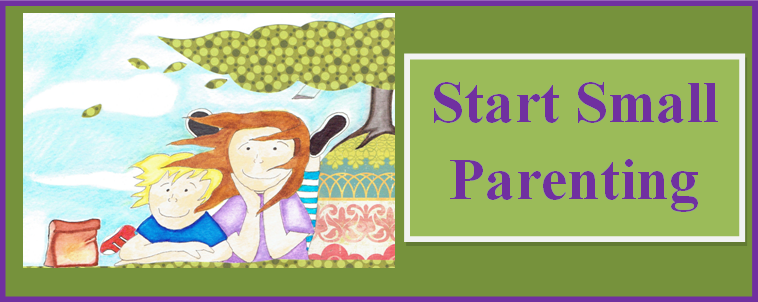
I’ve tried punishment. It doesn’t work. Well, it might work. Actually, it’s pretty darn effective at creating an immediate behavior change – maybe even more than just short-term behavior change. But at what cost? Who benefits from punishment? In the bigger picture – no one. Certainly not your child.
In many circles of parenting, private corporal punishment is looked at as an ineffective form of discipline. (The word corporeal refers to “the body”, so that includes hitting, spanking, and shaking a child.) There are many other accepted forms of punishment in our culture such as scolding, threats, force, rewards, and verbal disrespect.
I’m advocating these types of punishment be replaced by more effective actions – actions that nurture, provide important limits, and teach your child responsible behavior in all they do (not just the times where you are trying to manage their behavior for them).
Any attempt by a parent to change a child’s behavior by applying pressure from the outside is ineffective.
I want to stay that again.
Any attempt by a parent to change a child’s behavior by applying pressure from the outside is ineffective.
Removing punishment is the first step toward helping your child deal with their “inside” issues of selfishness, hostility, self-image, or disrespect for authority.
What else can you do? Stay tuned for upcoming posts for proven teaching methods that produce changed behavior – from the inside.


As an adult that suffered through a lot of physical and emotional punishment during childhood, I can honestly say that I still pay the price of any immediate change in behavior my parents might have seen.
The real goal of, let’s call them consequences, must be to learn from them. Physical punishment or taking things away just teaches kids to figure out how not to get caught the next time or to fear you. But that doesn’t help them become better problem-solvers or more compassionate people.
I posted on this topic once with a group of parenting coaches and the article was picked up by a well-known site. There were over 200 comments, and less than 5% agreed with the authors. It was disturbing to read some very nasty replies that basically said, “My parents did this with me and I turned out all right.” I personally would rather be better prepared for life and relationships.
Thanks, Fern, for checking in on this. I’m a bit chagrined to hear those numbers. Do you think that a common reaction to non-punitive discussions is a sweep to the other end of the spectrum -permissiveness? I’ve noticed that and it’s unfortunate. I’m a fan of your website – http://www.yourfamilymatterscoach.com/ and blog!
Annie, maybe it was the site and the folks who subscribe to the parenting posts. I think if that article showed up in a different place the stats would have been different. I don’t expect people to agree with me all the time; however, I appreciate their being able to express themselves without the venom. The internet has become a forum for people to spew their intolerance and nastiness. Now let’s bring that back to our kids and cyberbullying, or just plain having the ability to say what you want, when you want, without looking someone in the eye. It’s certainly not helping them with social skills and relationships. Sorry for the rant… (Thanks for the website mention, too!)
Hi! New follower here and I am a new blogger!… I found you on UBP13! Your blog is very interesting! Please come by and follow me on my blog at mybutterflyhaus.blogspot.com!
Have a blessed day!
Very interested in this topic due to my recent reading of You Can’t Say You Can’t Play. So please, blog on! 🙂
Damon – Thanks for mentioning that book. I just ordered it. The topic of exclusivity is a hot one for a lot of parents. I look forward to this read.